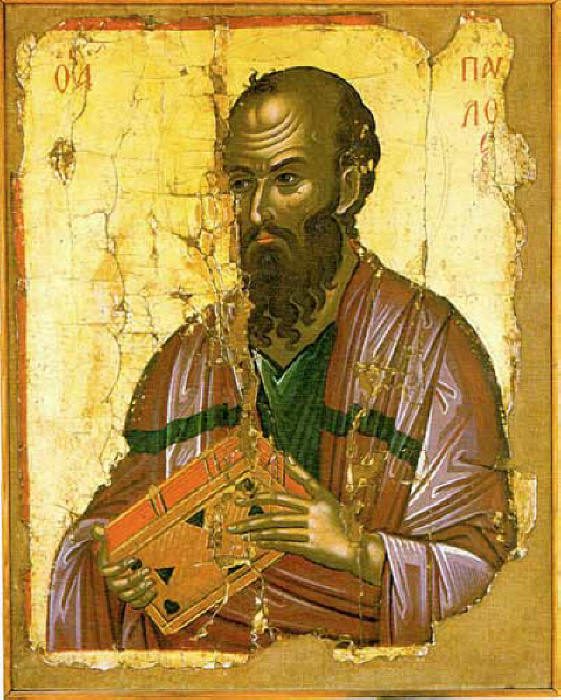On January 15, Ecumenical Patriarch Bartholomew announced the start of the International Scientific Conference “Apostle Paul in Antalya (Turkey): Memory, Testimony” organized by the Pisidian Metropolis in the city of Antalya, Orthodox Times reports.
In his address, the Ecumenical Patriarch referred to the universality of the Gospel of Christ and the importance of the preaching of the Apostle Paul, within the framework of which the Ecumenical Patriarchate has taken various initiatives today to promote ecumenical relations and dialogue.
“We have repeatedly emphasized that unity is not just an internal matter of the Church, precisely because it is inextricably linked to the unity of all humanity. The Church does not exist for itself, but for all humanity and, more broadly, for all creation,” the patriarch emphasized and added:
“However, at this critical moment in history, universality is not a luxury or an advantage. It is imperative and necessary for us as Christians because the survival of the world depends on the broad interpretation and broad application of the Gospel. The ecumenical mandate [dialogue] is essential to its existence and sustainability. We are called to be universal. Otherwise we cannot breathe, we cannot exist!’
Elsewhere in his speech, the Ecumenical Patriarch emphasized that in our world, religion is being exploited, manipulated and instrumentalized for various reasons, including nationalism, fanaticism and fundamentalism.
“We see this before our eyes in Ukraine, where Orthodox Christianity is unethically and unjustly used against other Orthodox Christians with the blessing of the Moscow Patriarchate. We see the same violation and outrage in the Middle East and North Africa, where hostilities and wars are waged in the name of religion at the expense of civilian lives and human needs.”
Bishops, clerics, university professors and theologians from different countries participated in the conference.
Illustration: Icon of Saint Ap. Paul by Theophanes the Cretan from the Stavronikita monastery the smallest of all athonite monasteries built in its present form in 1533 by the Abbot Gregorios and the ecumenical Patriarch Jeremiah I.





